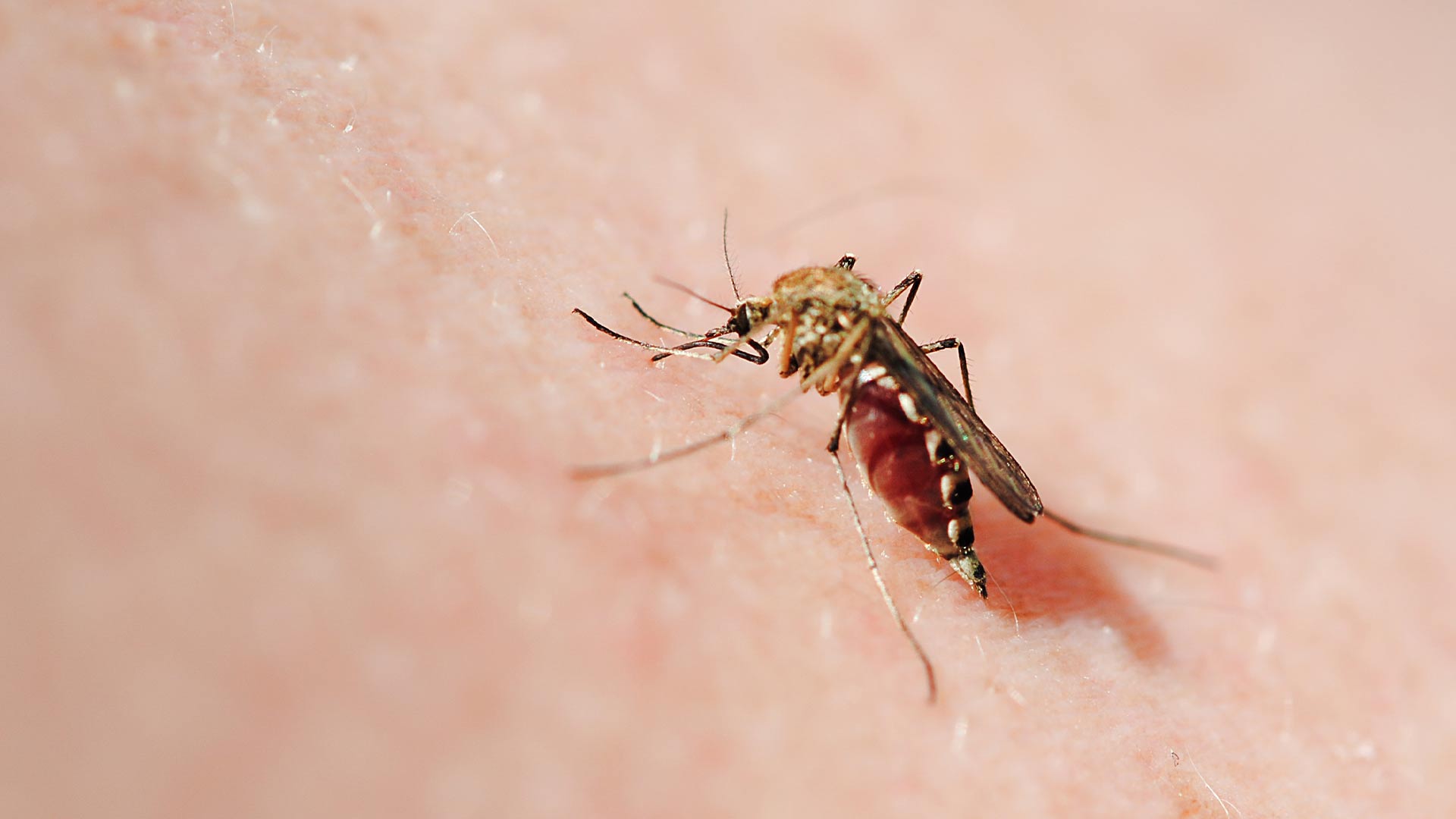While mosquitoes play quite an acute role in our ecosystem, we’re petty creatures – they’re annoying, we’re on holidays, we want them GONE. The Mediterranean is, sadly, quite famous for its mosquitoes. As such, will you also have to worry about them in Rhodes?
Are there mosquitoes in Rhodes?
The mosquito, like any living creature, needs the right conditions to develop and live. The most favourable environment for these insects is standing water, preferably mud. Given enough dry heat, mosquitoes simply die out – they also dislike strong winds and air-conditioned rooms.
Mosquitoes in Rhodes appear with the first rains, when the ground becomes moist and puddles form. As such, winter and spring months, the rainiest parts of the year in Rhodes, may be quite mosquitoey. As for the warmest months, meaning summer and much of autumn, it’s dry enough that mosquitoes are largely absent. This is thanks to the hot-dry Mediterranean climate making summers a never-ending heatwave there. There are also strong winds which help a bit.
Sadly, this isn’t where the matter closes. Mosquitoes don’t exactly need rain to have moist spots for their breeding grounds to form. They also won’t mind if you water the lawn a bit too much and a pool of leftover water stays there and forms mud. This can also happen with hotel gardens, so you may encounter mosquitoes even in summer. As such, unlike sharks, you may actually encounter mosquitoes in Rhodes during your summer holidays.
Mosquitoes in Rhodes – how to protect yourself?
There are several solutions. Firstly, you can buy a special mosquito repellent device. You plug it into the socket and the electricity heats up the repellent – the vapours then repel mosquitoes and that’s that. If you’d like to buy one, check how large its area of effect is, as some can only cover a very small one. You can also find mobile versions which you can bring with yourself wherever you go! As for your rooms, you can also find incense sticks or discs which can emit the same vapours, though these can have quite a peculiar smell which not everyone will like.
For going outside, you can stick to the classic sprays. There are three types: ones based on DEET, picaridin and IR3535. DEET has the highest chance of showing side-effects if you use it incorrectly, meaning applying it in excessive amounts or to areas of skin which are irritated. As a result, we’d recommend using picaridin or IR3535.
Picaridin is, according to some researchers, just as effective as DEET with much lower risk. IR3535 even more so, as it can be used on children as young as 12 months, some products even from birth. Preparations based on it are environmentally safe and biodegradable. Some studies suggest it’s a bit less effective than the other options.
If you prefer natural remedies, we recommend using oils of lavender, eucalyptus, clove, lemongrass or peppermint. Healthline also recommends using cinnamon oil, thyme oil, Greek catmint oil and citronella. Of course, you’re going to have to apply this more often to have the same effect, but some people don’t mind that price.
See also:






